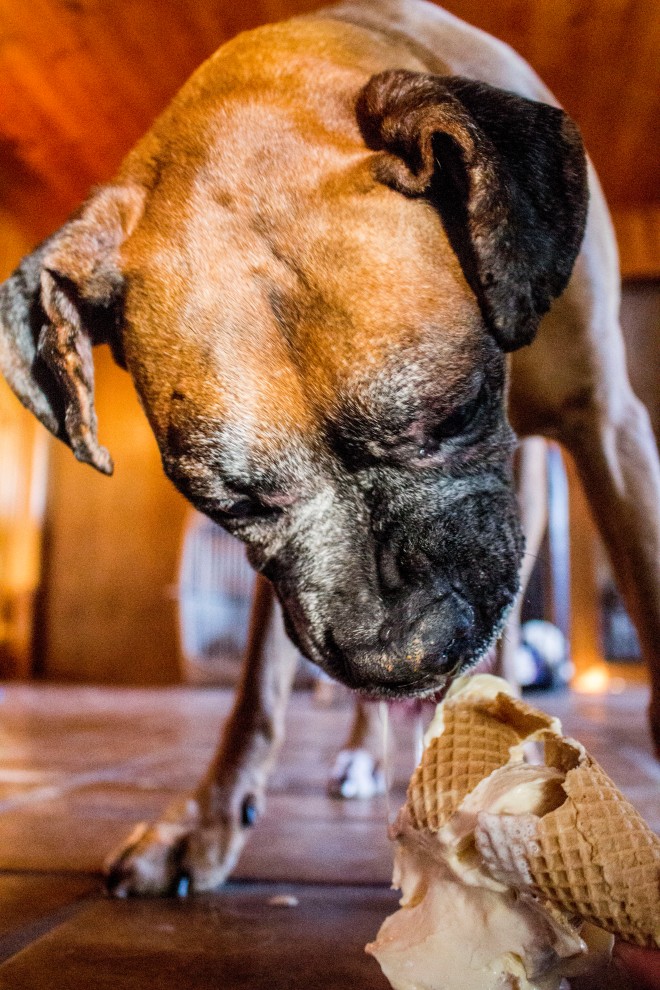I moved 1,200 miles across the country this year, but it hardly captures the ground I’ve made.
I’m a (human) gestation period through a yearlong personal and professional development program. (See Praxis). Since January, I’ve been apprenticing under the Founder & CEO of a tech/accounting startup–which recently closed a $4.2M Series A funding round. (See Ceterus). I’ve experienced unprecedented growth as part of both. It’s been the most difficult, stressful, chaotic, roller coaster ride I’ve ever taken. These have also been the most rewarding, invigorating, fulfilling, and actualizing months of my life.
During this time I’ve gained exposure to all the nitty-gritty business of doing business. I’ve also come to recognize the brilliance of people passionate at work to create solutions. I’ve seen the trenches and served on the frontline of what I consider to be a great entrepreneurial endeavor. I’ve experienced a few victories. And I’ve come to know defeat. I see both as allies for learning now.
I’ve never felt more limber than I have these few months. I’ve never felt more open to possibility.
In the past six months, I’ve:
- Designed, built, written, sent, and analyzed countless email campaigns–for different businesses and for personal branding.
- Participated in and studied sales cycles from start to finish–in a number of different industries.
- This includes conference selling, cold-calling, web demos, email drip campaigns, data analysis, and much, much, more.
- Drafted copy for, posted, managed, and tracked talent acquisition cycle from initial contact through interview process, and final decisions.
- Prepared and overseen daily, weekly, bi-monthly, and periodic sales reports.
- Researched and vetted hundreds of different web applications and softwares–while learning dozens. Some for business, some for self. Many have even been implemented into existing practices.
- These include: Applicant Tracking Systems, Calendar Schedulers, Video Conferencing, Task Automation softwares, Customer Relationship Management tools, Web hosting, Web Design Platforms optimized for inbound marketing, Landing Pages, Lead Generation & Enrichment softwares, Email Validation software, Facebook Ads, Linkedin Ads, Job Posting Platforms, Recruitment Platforms, Web forms, Marketing Automation software, Email marketing software, Customer Survey/Satisfaction software, Contact Directory databases, Automated Referral Software, et al…
- Learned to write/code in Markdown language and brushed up on HTML 5 & CSS
- Recorded and filmed a public speaking workshop with Isaac Morehouse – Edited & Produced by Derek Magill
- Facilitated, Captured, & Edited nearly half a dozen photoshoots (Right now I’m using a Canon T5i Rebel with an EF-s 18-55mm f/3.5-5.6. Photoshop for edits.)
- Created & launched a podcast series, Meanderings, with my friend and colleague, Taylor Foreman.
- Published over 20 blog posts (personal, company page, and others), and garnered nearly 1,500 unique site visitors to my personal website. Here’s a look at my top-performing post.
- Read 20 books.
- Narrated and Produced my first Audiobook, Why Haven’t You Read This Book?
- And later this summer I’ll publish my first book with Isaac Morehouse, Don’t Do Stuff You Hate (Details forthcoming).
This is merely a snapshot of the things I’ve been doing. It hardly does justice to all the learning that’s been happening behind the scenes. It’s been an incredible journey so far.
I couldn’t summarize what it’s taken to get here.
There have been many long hours, late nights, and early mornings. There have been whole days where I felt like I was banging my head against the wall. There have been weekends where I didn’t turn the lights on or leave my apartment and stayed glued to the couch, entirely spent. There have been dozens of late-night ice cream and beer errands.
There have also been some of the brightest, happiest, and most hopeful hours of my life. There have been dozens of “Aha!” moments. There have been countless small victories with violent fist pumps and silent cheers.
And there has been an incredible support network beside me through Praxis, my family, co-workers, and friends.
2016 has been monumental already. I look forward to sharing all that precipitates in the coming months as I continue to grow.
As always, thanks for reading.
Best,
—
M.E.






